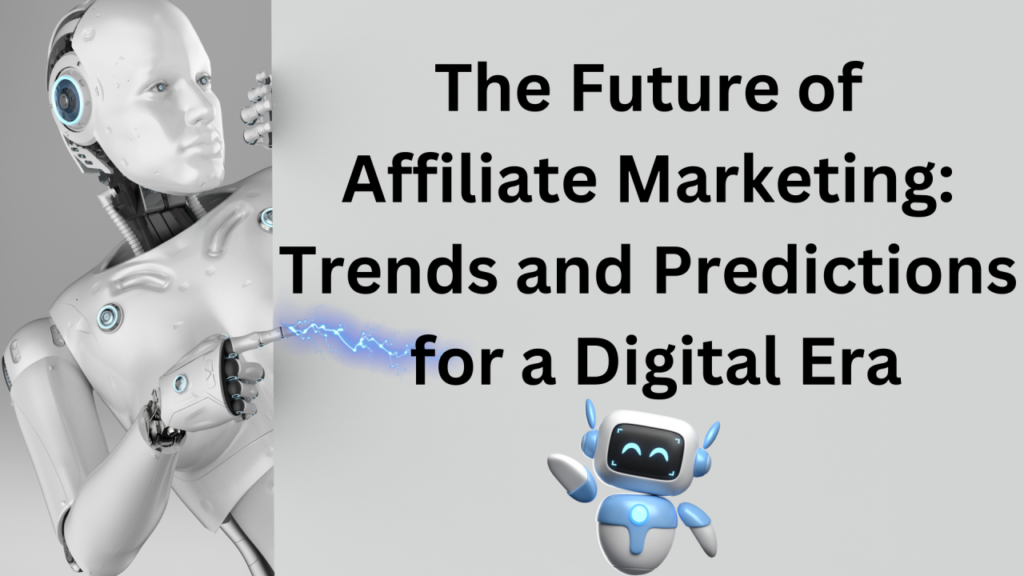Affiliate marketing, a cornerstone of digital commerce, has undergone a remarkable evolution since its inception. Initially emerging in the late 1990s with Amazon’s pioneering affiliate program, it has grown into a sophisticated ecosystem shaping online consumer behavior.
Past: In its infancy, affiliate marketing relied on basic referral links and banner ads. Websites would earn commissions by driving traffic and sales to merchants. This era saw rapid growth as businesses recognized the potential of leveraging third-party influencers to expand their reach and sales.
Present: Today, affiliate marketing has transformed into a multifaceted industry driven by advanced analytics, influencer partnerships, and diverse commission structures. Social media platforms and specialized affiliate networks have revolutionized the landscape, enabling influencers to monetize their audiences effectively. Brands benefit from targeted marketing strategies that leverage the trust and engagement of influencers, yielding higher conversion rates than traditional advertising.
Technological advancements such as AI and machine learning have refined targeting capabilities, allowing for personalized marketing at scale. Moreover, the shift towards content-driven strategies has elevated the importance of authentic storytelling and niche expertise in affiliate partnerships.

Future Trends: Looking ahead, affiliate marketing shows no signs of slowing down. The future promises further integration with emerging technologies like augmented reality (AR) and virtual reality (VR), enhancing consumer engagement and shopping experiences. Micro-influencers and nano-influencers will likely gain prominence as brands seek highly targeted audiences and authentic connections.
Regulatory developments, particularly around data privacy and consumer protection, will shape the industry’s ethical standards and operational practices. Transparency and disclosure will become increasingly important as consumers demand more accountability from brands and influencers alike.
In conclusion, affiliate marketing has evolved from its humble beginnings into a dynamic industry that continues to redefine digital advertising. By adapting to technological innovations and consumer behavior shifts, it remains a vital strategy for brands seeking to expand their market reach and drive sales in an increasingly competitive digital landscape. As we move forward, the key to success will lie in balancing innovation with integrity, ensuring mutually beneficial relationships between brands, affiliates, and consumers.
 Clear My Certification All Certification Exam Answers
Clear My Certification All Certification Exam Answers
